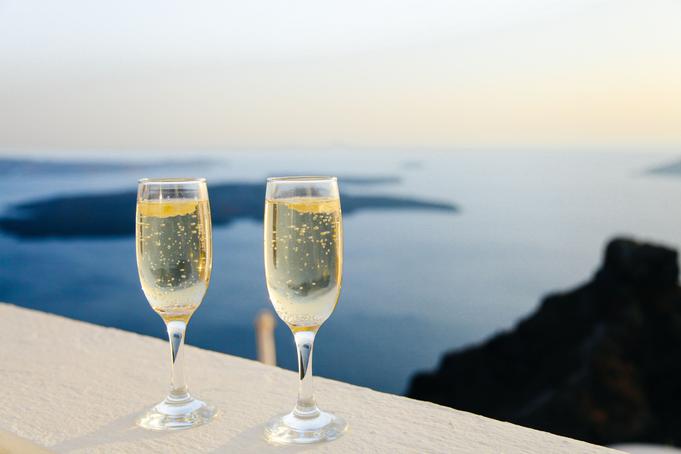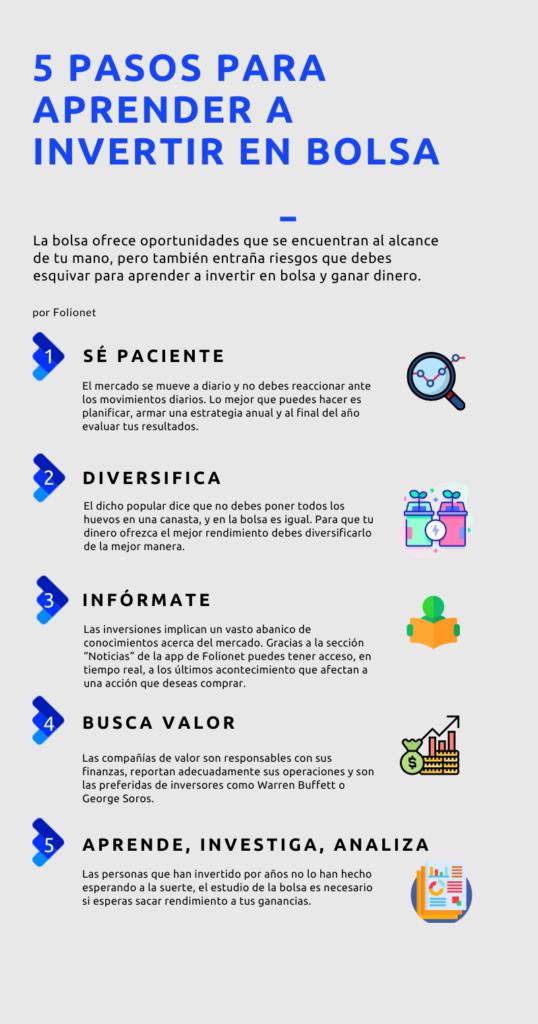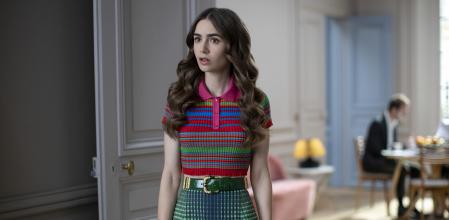Christophe Juárez: "politics has favored the consumption of champagne in Spain"
He's an expert in the luxury and wine industry. Recently he was in Madrid to present to restaurants, distributors and customers the wines of Abelé 1757, the oldest wine cellar in Champagne, founded by Henri Abelé, and which recently, after being owned by Freixenet, was acquired by the Champagne cooperative Nicolas Feuillatte, which is in charge of it. Christophe Juarez (born 1959 in Paris) is an expert in the luxury and wine industries. Bachelor of Business Management from the University of Paris-Douphine, completed his postgraduate studies in corporate governance at the French Institute of Management in 2009. He has worked in luxury markets in Europe, the United States and Asia.
He began in Chanel, in the fashion division between 1984 and 1996, and in the marketing department of International Fragances, where he participated in the release of fragrances, such as Egoiste and Allure. He later joined the Spanish branch of the cosmetics firm Bourjois as general manager, a position he held until 1998. And later he became executive vice President of international development in the luxury division of the L 'Oréal group, where he launched, among others, Armani's cosmetic range.
In 2001 he joined the Richemont Group, as Senior Vice President of Cartier's fragrance Division. In 2003, he entered the Domaine Laroche winery, where he remained as general manager until 2009. Two years later he was appointed CEO of the French cognac firm H. Mounier. To discuss his new career in the world of champagne, he has chosen a suite from the four seasons Hotel in Madrid.
What is the purpose of your trip to Spain?

Basically, promote the change of third lived with the brand Abelé, which we bought from Freixenet three years ago. We have made a change of design, a reform in the winery facing our customers, and above all we have invested to make the brand the top of the cooperative group Nicolas Feuillatte. We are the third world brand and leader in France. The group sells a total of 11 million bottles and in 2019 invoiced 200 million euros, but the Abelé brand is much smaller, as the production is 300,000 bottles and has a turnover of 20 million euros. We want to place it in the premium range.
How has the pandemic affected them?
They've been tough, but our goal is to grow, and have 5% of the champagne market in five years. Now we're at 3.8% quota.
What does the Spanish market mean to you?
Spain is a wine-producing country, making it easier to understand all the processing processes and the technique. There is a part of the economy based on tourism, in the hospitality that is living a moment of great fame, and it is time to delve into the Spanish market, where we now sell 25,000 bottles of Abelé and 35,000 bottles of Nicolas.
Do you have a tour of champagne in Spain?
Fortunately for us, politics in Spain has favored the consumption of champagne, because people because of Catalonia's problem did not want to drink cava. That is why the consumption of champagne has grown. In addition, champagne in restaurants in Spain is one of the cheapest in the world, because the margins are lower. It's the differentiating point.
GNA start learning how to read Japanese for her _ started the manga just for her but turns out only the first faith. Http: / / t.co
— doha’s proud dad Thu Jul 22 01:17:59 +0000 2021
More and more champagne brands are arriving in Spain.
Es un gran desafío, porque una marca muy conocida del grupo LVMH [se refiere a Moët & Chandon] tiene la mitad del mercado. Y nuestro objetivo es poder entrar por la puerta de atrás en las cadenas de hostelería alternativas a las grandes marcas, con un posicionamiento diferente. Nuestro vino tiene un estilo marcado gracias a nuestros ensamblajes a la uva chardonnay.
Do you sell more than Pinot noir?
Chardonnay is a historic grape, large families of winemakers like to use it, even if they produce both. It is the great grape par excellence, considered the grapes of kings. Every quality house uses it.
Do you notice that now that everything seems to be recovering, more champagne is consumed because of the desire to celebrate?
Our goal is to put champagne on the path of celebration, of the good times of life, and in a few years' time wine consumption will grow. The Sumillers make a lot of efforts to make it also a gastronomic product. And each time the style of champagne is much more precise so that they can accompany any time of enjoyment and celebration.
What is your differentiating element in attracting the consumer?
It's an old brand, with a lot of work done in the hotel business, we're a great alternative to big brands. We have a good Assembly and we like to see how the consumer discovers us. Our wines are between three and four years old, and the high range is ten years old.
Do you feel comfortable working in the luxury sector?
Yes, because what is important is the product, and to do so we have to put in place a strategy to see what can be done to achieve the highest level of quality. Luxury is a mixture of tradition and innovation. Time is very important and everything revolves around how this is handled. We Don't go fast, luxury doesn't go fast, it doesn't seek immediate success. It's all long-term.


